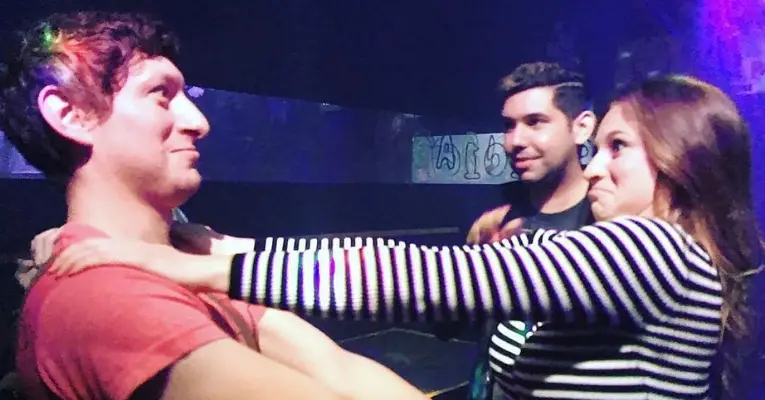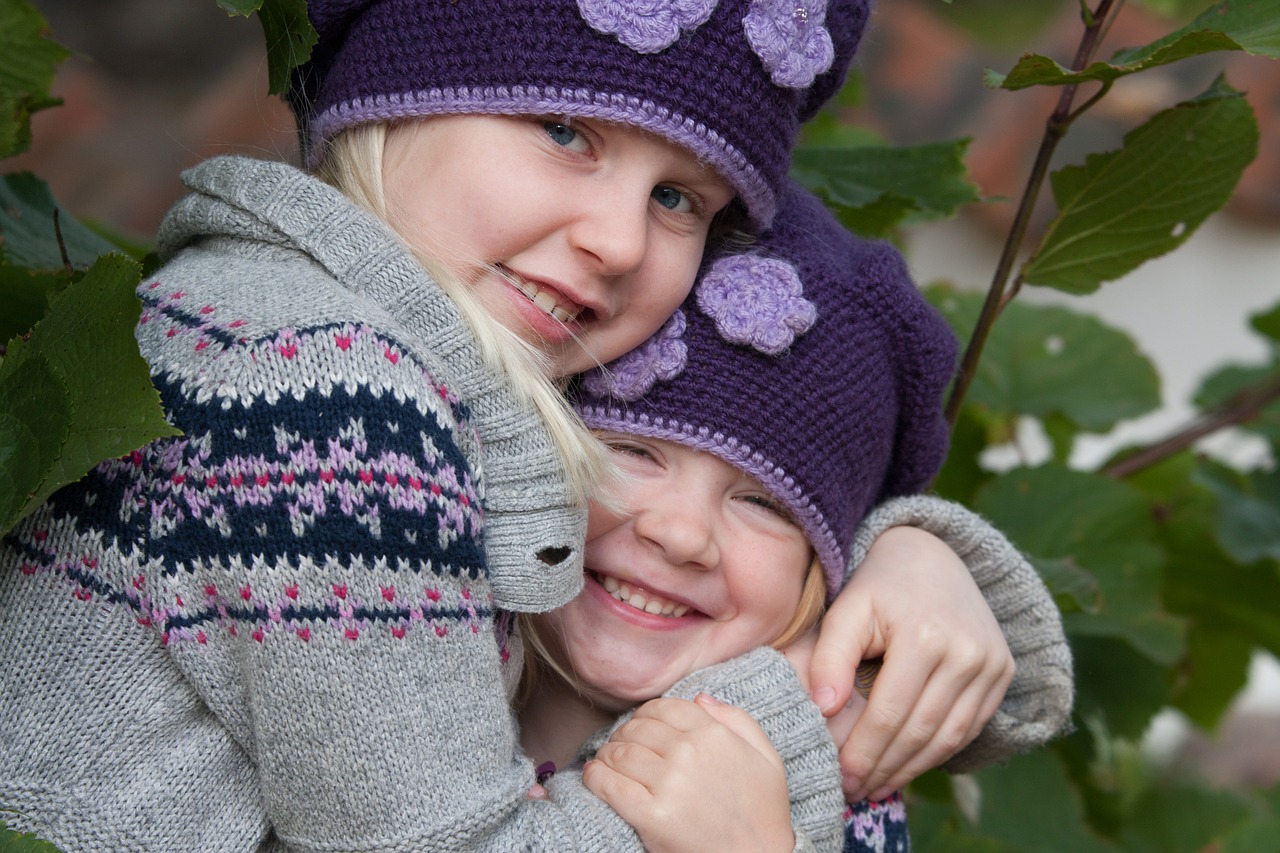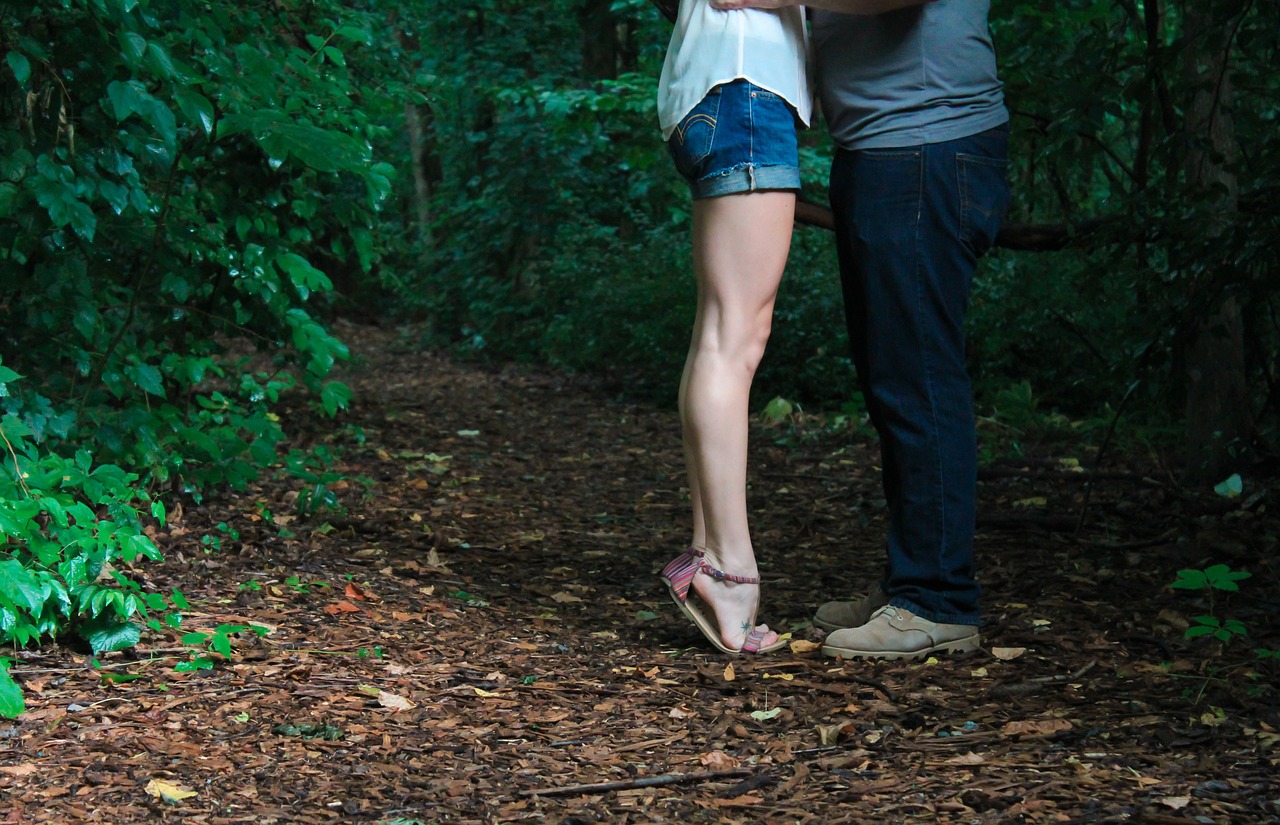Health
The Real Reason Some People Hate Being Hugged, According to Science

Do your knees buckle and your palms start sweating when someone strolls toward you with wide, open arms? If so, you’re not alone. In fact, more people respond to a potential hug this way than you might think and, thanks to science, we finally understand why.
According to experts, a person’s inclination to be hugged (or not) largely depends on how they were raised. Suzanne Degges-White, professor of Counseling and Counselor Education at Northern Illinois University explains:
“Our tendency to engage in physical touch—whether hugging, a pat on the back, or linking arms with a friend—is often a product of our early childhood experiences,”
As Time reported, a 2012 study published in Comprehensive Psychology found that people who were raised by parents who were frequent huggers were more likely to be huggers themselves in adulthood. Conversely, people who were raised by parents who rarely hugged were more likely to grow up with an aversion to that particular display of affection. The study also concluded that “hugging is an important element in a child’s emotional upbringing.”

Credit: Pixabay
“In a family that was not typically physically demonstrative, children may grow up and follow that same pattern with their own kids,” said Degges-White. The researchers also noted that the opposite effect can also occur:
“Some children grow up and feel ‘starved’ for touch and become social huggers that can’t greet a friend without an embrace or a touch on the shoulder.”
Surprising it may be, the amount of physical contact a child receives at an early age can leave a lasting physiological impact. According to Darcia Narvaez, professor of psychology at the University of Notre Dome, there are two main ways that not being touched can affect a growing body.
The first is that it leads to an underdeveloped vagus nerve, a bundle of nerves that run through the spinal cord. Research shows that an underdeveloped vagus nerve can decrease a person’s ability to be intimate or compassionate. The oxytocin system, which plays a role in how humans form bonds with other people, may also be affected. Another factor is self-esteem and body issues. If someone is concerned with their outward appearance, they may be uncomfortable with touching others.
Degges-White explains:
“People who are more open to physical touch with others typically have higher levels of self-confidence. People who have higher levels of social anxiety, in general, may be hesitant to engage in affectionate touches with others, including friends.”

Credit: Pixabay
Finally, there is also a cultural component to not wanting to be hugged. According to a 2010 study by the Greater Good Science Center at UC Berkeley, people in the U.S. and England hug way less than people in France and Puerto Rico do.
Some people like being touched, others absolutely abhor it. So, what is the solution? The Emily Post Institute recommends never hugging someone unless you are well-acquainted. The body language of someone expecting a hug is clearly open arms and (generally) a smile. Otherwise, a simple handshake is more than suitable to meet and greet old and new acquaintances alike.
For those who are still resistant to being hugged, consider this: a 2015 study conducted by Carnegie Mellon University looked at the effects of hugs and other forms of affection and found that touch actually strengthens the immune system. Specifically, researchers found that people who felt loved experienced a 32% immune boost. “Those who receive more hugs are somewhat more protected from infection,” the study concluded.
What are your thoughts? Please comment below and share this news!
Typos, corrections and/or news tips? Email us at Contact@TheMindUnleashed.com
